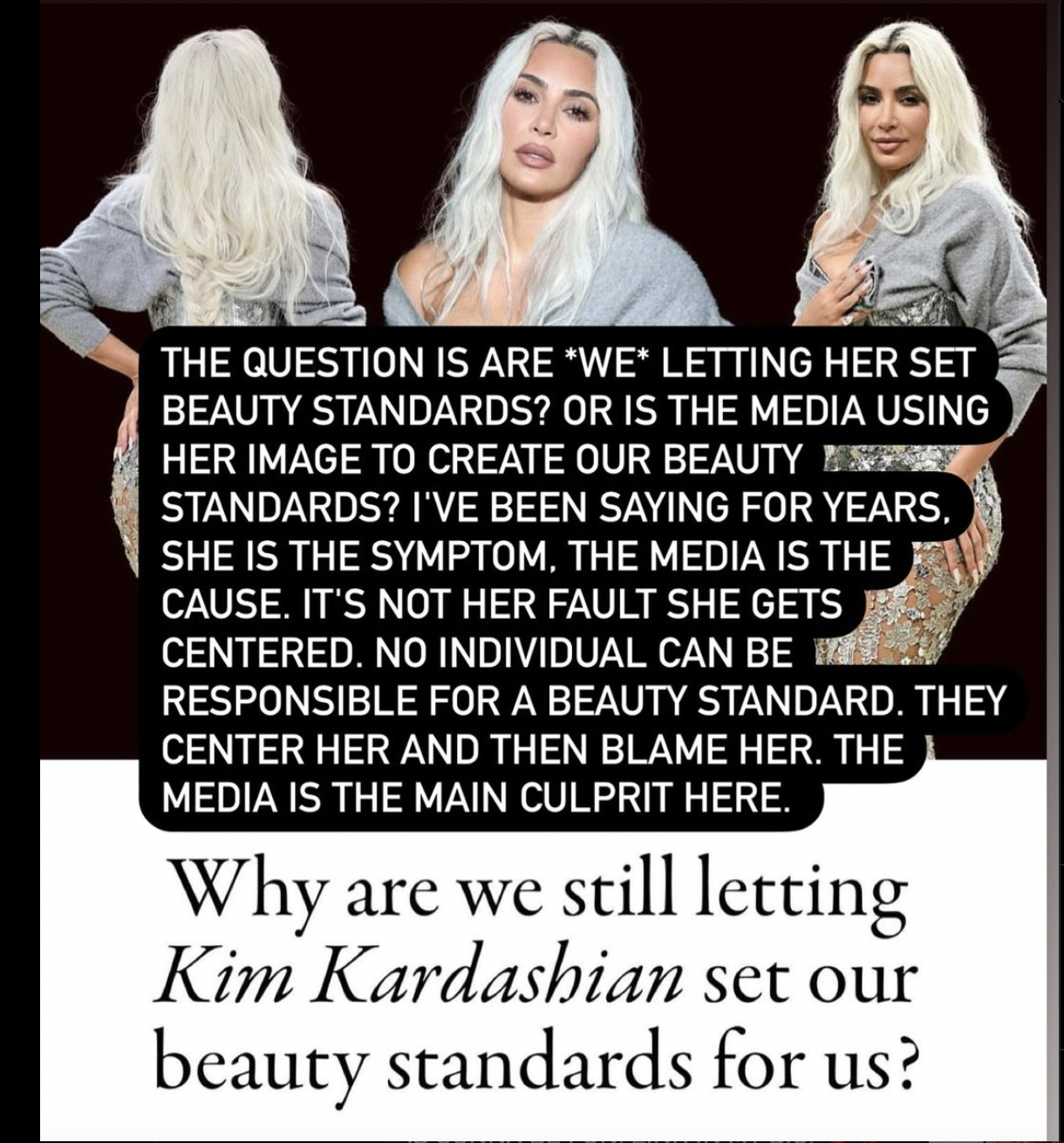“Surf Meets Sex Appeal” - WTF is Up with this Billabong Campaign?
This week, Billabong came under fire for what appears to be a shockingly outdated approach to women in surfing.
In case you missed it, the Australian surfwear retailer's latest campaign attempted to blend surfing with what they called 'sex appeal,' featuring a series of images showing women in bohemian-style bikinis.
“Surf culture meets sex appeal,” the adverts boldly read, appearing to dismiss the fact that surfing is a real sport that requires real gear, such as rash guards, wetsuits, and swimwear that doesn’t look like a thong.
Honestly, we were left scratching our heads over who signed off on that, and we weren’t the only ones. So, let’s examine the thinking behind this marketing campaign and see what’s really going on.
Billabong’s latest campaign causes a stir
It turns out that this campaign is actually a collaboration between Billabong and another Australian clothing brand called It’s Now Cool. The latter offers Insta-famous bikini looks and beautiful designs worn by a collection of classic bikini influencers.
“Surf culture meets sex appeal this summer when Australian icon Billabong gets flirty with hot young thing It's Now Cool. Pumping with colour, the OG surf supply brand brings its salty street cred to the killer prints and lethal fits that first made It's Now Cool insta-famous,” the advert reads.
It’s Now Cool appears to be leaning on Billabong’s name to tap into the bohemian yet badass image of the female surfing community. The collection features high-waisted swimsuits, tie-at-the-side bikini bottoms, and crop tops modeled by girls in beaded jewelry, beaming smiles, and salty hair—oh, so “sexy,” as the campaign will have you believe.
“Surf like a girl,” one of the scribbles reads on the main campaign banner. WHAT is that actually supposed to mean?
And therein lies the issue. Let’s be clear: There’s nothing wrong with wanting to feel ‘sexy’ in your swimwear or feeling good about yourself—but this campaign may have missed the mark. And SERIOUSLY, may I repeat, what does “surf like a girl” actually mean?
If you’ve ever tried surfing, you’ll know that getting on a board in a bikini is a bold choice. Your hair never looks as well-tamed as in the pictures, and you’ll definitely know that it’s all about being comfortable in the waves. The first thing you want to do is make sure you’re wearing proper reef-safe sunscreen. The last thing you want to do is tie your bikini bottoms while being bashed by another set.
Surfers take a stand
Surfing has long had a sexualization problem. Some reports go back as far as 2014, reporting on female surfers being viewed more as models than athletes. “Butts over barrells” read the article of one headline. Another article from 2018 titled “Pin-Ups First, Athletes Second: Sexism in Surfing” shined a light on the blurred lines between being viewed as a model or a surfer.
Some progress has been made in changing this narrative over the last few years, but even in 2024, this issue persists. So, as many quickly pointed out, the problem with the Billabong x It’s Now Cool campaign is that it sexualizes a sport that is already dealing with this weird sexualized stigma. It almost speaks to this stereotyping of women in surfing, implying it’s all about the tiny bikinis and playful beach shots rather than catching a wave.
Those in the surfing community didn’t take the recent campaign lightly, either.
“There’s already so much sexualisation in the surf culture. We do not need a surf collection that has “sex appeal” we need the opposite!!!! We need comfy boardshorts that are practice, we need bathing suits that won’t fall off, we need technical gear not sexy gear,” wrote surfing coach Lydia Ricard.
“This is incredibly infuriating and disappointing from Billabong because women surfers have just made so many gains over the last few years towards having our bodies valued for what we can do and now how they make other people feel,” added Lucy Small.
“Our bodies, our appeal, is how much we can get barrelled or hang 10 or whatever it is that we can do. Why does there have to be this kind of representation? And, this is not to throw shade on anybody who wants to be sexy or have sex appeal… but this kind of advertising sends a message to all of us women surfers and young women who are coming up that to be valued as a surfer and have a place in this industry, you have to have sex appeal.”
“Can we just have surf appeal?” she said.
When will they break their track record?
It’s actually not the first time Billabong has missed the mark with its ‘sexy’ campaigns. Another similar advert reared its head in 2017, featuring many models flaunting their beach gear rather than surfing much. Again, some viewers questioned whether the brand was trying to raise women up or objectify them in the surfing community. Seven years later, the brand appears to have made little progress in changing its marketing focus.
Surfing has such an amazing history and embodies everything from freedom and strength to a deeper connection with nature. However, recent portrayals of female surfers tend to overshadow their achievements by promoting their looks instead.
IT’S 👏TIME 👏THAT 👏 CHANGED👏 but how?
First things first, we need brands like Billabong to listen to the surfing community. The outcry against the 'sex appeal' campaign shows there is a real demand for authentic representation and recognition of women's contributions to the sport. All these brands need to do is scroll through the profiles of female surfers to see what people value is a raw passion for the sport and a love of the community — regardless of image.
There also needs to be more education. By shedding light on the harmful effects of sexualization in surfing, we can challenge outdated norms and promote a culture of respect and equality. Surfing organizations, influencers, and media outlets all have a role to play in shaping a more positive and inclusive surfing community.
Finally, let's amplify the voices of female surfers. Instagram and TikTok are great opportunities for women to share their stories, experiences, and perspectives. Show your support for these people, comment on their posts, applaud them for their achievements, and help make their voices heard. By uplifting diverse voices within the surfing community, we can create a more inclusive and representative space for all surfers, regardless of gender.
It's time to redefine what it means to be a female surfer. Instead of celebrating 'sex appeal,' let's celebrate 'surf appeal,' as Lucy Small pointed out— and the thrill of catching a wave, the beauty of mastering a new trick, and the strong sense of community among fellow surfers.




